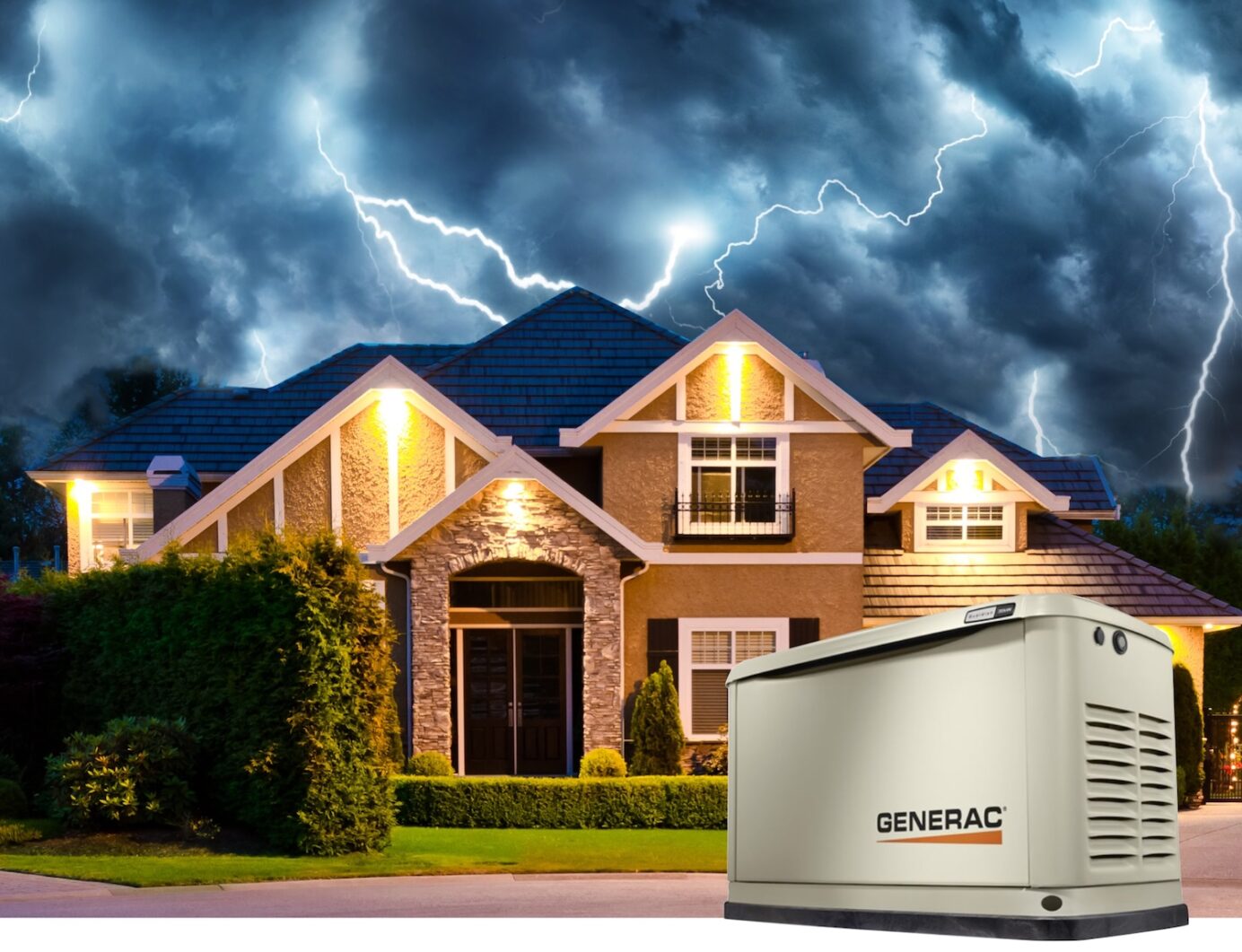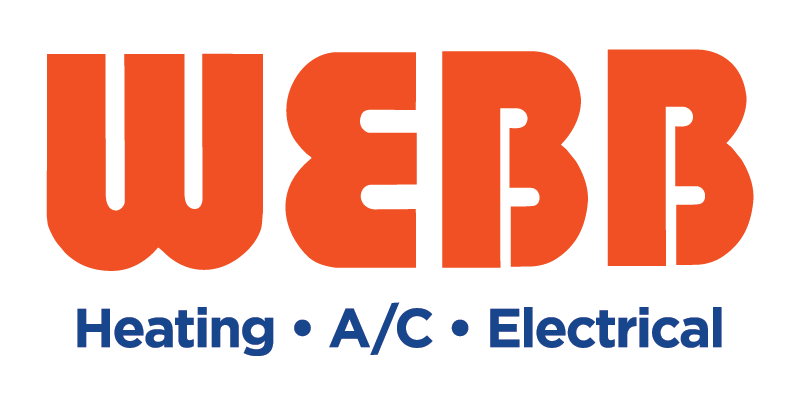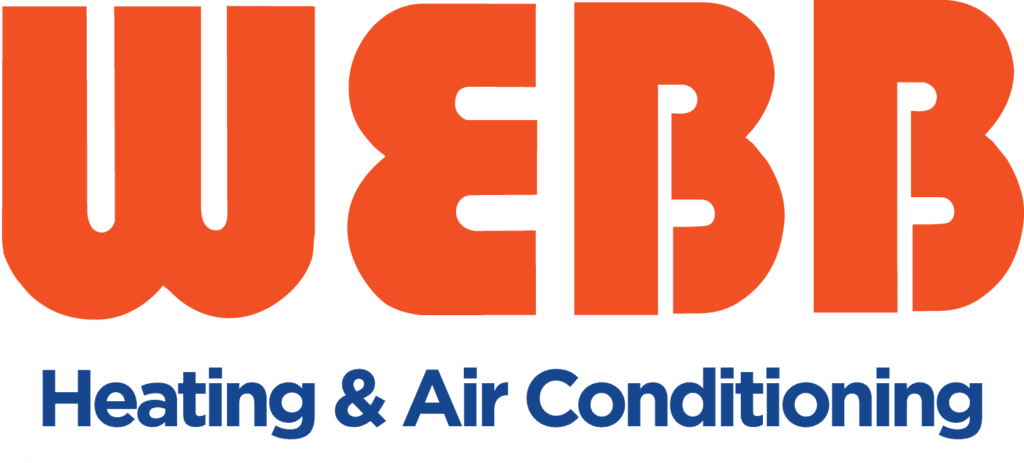Standby vs. Portable Generator: Which Is Best for Your Greensboro Home?

When storms threaten the Piedmont Triad or a sudden outage leaves your family in the dark, having a reliable backup power source isn’t just a luxury—it’s a necessity for homeowners in North Carolina. But with so many options available, how do you choose between a standby generator and a portable generator?
This guide breaks down the differences, highlights what matters most for local homes, and helps you make an informed decision that protects your comfort and peace of mind.
What Are Standby Generators?
A standby generator is a permanently installed system that automatically powers your home when the main electricity supply fails. Fueled by natural gas or propane, these units are directly connected to your electrical panel and can restore power within seconds—no action required from you.
Standby generators are designed to handle the demands of an entire household, from HVAC and refrigerators to medical equipment and sensitive electronics. In the Piedmont Triad, where severe weather can cause extended outages, many homeowners choose standby generators for their reliability and peace of mind.
What Are Portable Generators?
Portable generators are smaller, movable units that you set up and operate manually during a power outage. They typically run on gasoline or propane and can power a few essential appliances via extension cords or a transfer switch.
While their lower upfront cost is appealing, portable generators require manual setup, regular refueling, and careful monitoring—especially during severe weather events that are all too common here in North Carolina.
Portable generators may work for short-term, limited backup power, but their limitations quickly become apparent during major storms or prolonged outages.
Standby vs. Portable: A Side-by-Side Comparison
When it comes to protecting your home, not all generators are created equal. Here’s how standby and portable generators compare on the features that matter most to North Carolina homeowners:
| Feature | Standby Generator | Portable Generator |
| Ease of Use | Fully automatic—restores power within seconds, no homeowner action needed. | Manual setup, fueling, and monitoring required during every outage. |
| Power Capacity | Powers your entire home, including HVAC, kitchen, and sensitive electronics. | Limited to a few appliances or circuits; may not support AC or heating/ |
| Safety | Professionally installed with automatic shutoff and carbon monoxide protection. | Must be operated outdoors; improper use can lead to electrical or CO hazards. |
| Maintenance | Needs periodic professional maintenance; runs self-tests and alerts for issues | Frequent manual checks, oil changes, and storage required. |
| Cost | Standby generator cost is typically higher up front; but is offset by long-term reliability and convenience. Financing from Webb is available. | Lower initial cost, but ongoing fuel and maintenance expenses add up. |
| Weather Resistance | Permanently installed with weatherproof housing; built for severe NC storms/ | Must be stored indoors and set up outside—challenging in bad weather. |
This table makes it clear: for homeowners in Greensboro and across the Piedmont Triad, standby generators offer unmatched reliability, safety, and convenience—especially when the weather turns rough.
Why Standby Generators Are the Best Option for Greensboro Homes
Choosing a standby generator is about more than just keeping the lights on. It’s about ensuring your home and family are protected, comfortable, and ready for whatever North Carolina’s weather brings.
Here’s what sets standby generators apart for homeowners in Greensboro and throughout the Piedmont Triad:
- Automatic, Worry-Free Operation: Standby generators detect outages and restore power within seconds, so you never have to fumble with extension cords or brave a storm to get your home running again. This peace of mind is especially valuable during hurricane season or unexpected ice storms.
- Whole-Home Protection and Comfort: Unlike portable models, a properly sized standby generator can power your HVAC, kitchen appliances, medical equipment, and more—keeping your family safe and your home functional, no matter how long the outage lasts.
- Long-Term Value: While the upfront cost is higher, standby generators offer reliability, durability, and the potential to increase your home’s value. Many buyers in our region see backup power as a must-have, not a luxury. Plus, financing options can make this investment more accessible.
These benefits matter most when the stakes are high, whether you’re facing a multi-day outage or simply want to avoid the hassle and hazards of portable units. For many in Greensboro and the surrounding area, a standby generator isn’t just a convenience; it’s a smart, forward-thinking solution that pays off every time the power goes out.
If you’re ready to take the next step, Webb’s local team is here to help you choose, install, and maintain the right generator for your home. In the next section, discover how Webb supports homeowners across the Piedmont Triad with expert installation and service, so you’re never left in the dark.
Webb Is Always on Standby for the Piedmont Triad
When it comes to protecting your home and family, don’t settle for less. Webb’s team is dedicated to providing reliable, expert generator solutions for homeowners across Greensboro and beyond. We’re a certified Generac installer, and our local reputation is built on quality, integrity, and service.
Ready to secure your home’s power supply? Schedule your consultation, or learn more about our Generac installation services.
Standby Generator FAQs
What size standby generator do I need?
The right size depends on your home’s square footage and the appliances you want to power. Our experts can assess your needs and recommend the ideal system.
Can you set up a standby generator in your garage?
No. Standby generators are permanently installed outdoors for safety. Our certified electricians will determine the best, safest location for your unit.
How long can a standby generator run?
Most standby generators can run for days at a time, as long as they have a steady fuel supply. Routine maintenance ensures optimal performance during extended outages.
How long do standby generators last?
With proper maintenance, most standby generators can last 20 to 30 years or for up to 3,000 hours of operation. Investing in regular service helps maximize their lifespan and reliability.

